Expert Language Auditory Processing Tutors in the NYC Metro Area
Expert Language Auditory Processing Tutors in NYC Metro AREA | At-Home Visits and Free Consultations. PRIVATE PAY TRAVELING TO:
New York City (NYC)
Manhattan
Brooklyn
Queens
Staten Island
Bronx
Long Island (including the Hamptons)
Westchester
New Jersey (NJ)
Connecticut (CT)

TESTIMONIALS
Language Processing
The ability to process language efficiently is essential for effective communication and the successful acquisition of language-based learning skills such as literacy. Language processing issues are fundamental flaws in a person’s expressive, receptive, reading, and writing development. Professionals use the term language disorder when such flaws are discovered in the expressive, verbal, or expressive/verbal and receptive/auditory systems.
Language disorders are defined further by the American Speech-Language-Hearing Association as impaired comprehension of spoken, written, and/or other symbol systems. These impairments may affect the form, content, and function of language.
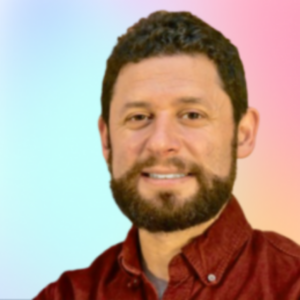
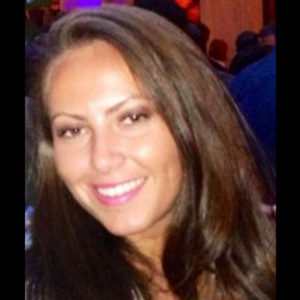
ALINA
Master’s in Language Pathology
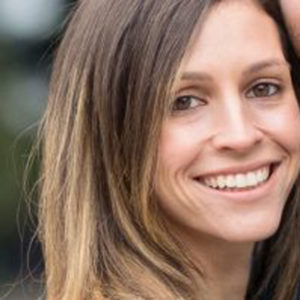
MICHELLE
Master’s in Language Pathology
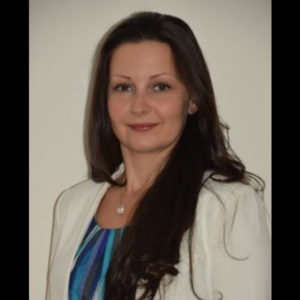
EWA
Master’s in Language Pathology
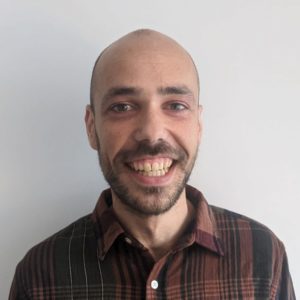
JOAO
Academic Coach

GLEN
New York State Licensed Special Education Teacher
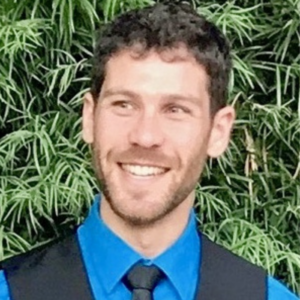
DAVID K.
Masters in Special Education and Trained in Orton-Gillingham
**Guarantee: It’s critical that whoever receives our tutoring services connects with the specialist, the specialist has expertise in the area of need, and is available to travel to you. If you are not 100% satisfied with our services, we are 100% committed to finding you the right professional.
Language disorders are classified into two types: expressive and expressive/receptive. If an individual’s expressive and receptive language skills are intact but they struggle with reading and written language, the general term for literacy difficulties used informally by professionals is a language-based learning disability.
Because language must first be mastered orally, expressively, and auditorily, these disabilities almost always have a negative impact on literacy development if left untreated.
Language disorders appear to be neurological and developmental disorders that impair the brain’s language processing functions. Individuals with language disorders have a strong genetic link.
The age at which language disorders are typically recognized is a significant factor in how they are diagnosed by professionals. Most learning disabilities are not recognized until the child reaches school age or older. Language disorders, on the other hand, tend to emerge earlier in toddlers and preschool children. During this period, there is a strong emphasis on learning to speak and process language, such as following instructions and understanding linguistic concepts. Whether the disorder is mild or severe, it will generally hinder a child’s ability to master literacy at some point during his or her time in school if not treated professionally. Learn the multisensory approach for literacy and reading model for fluency/comprehension/self-regulation/vocabulary.
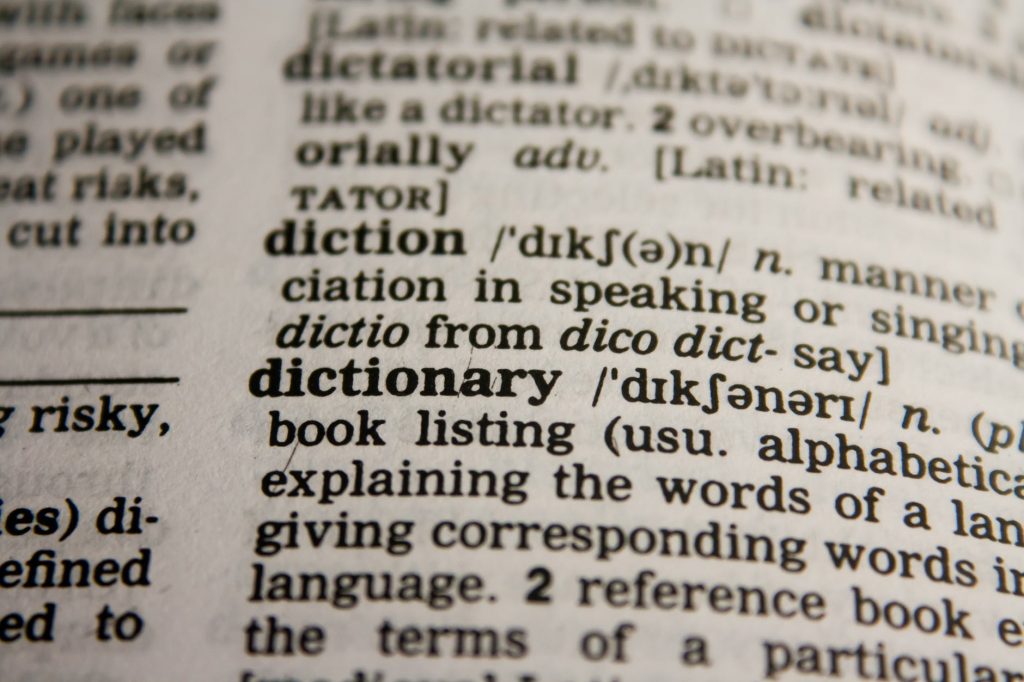
Read our blog about “Working Memory Short Term Memory Strategies”.
Auditory Processing
Auditory processing disorder is often a likely diagnosis when a person, aged eight or older, is unable to differentiate sounds or words from background noise. To eliminate or factor in attentional difficulties or language disorders (sometimes referred to as language processing disorder), an audiologist examination, as well as a neuropsychological and speech-language evaluation, must be performed.
Here is an in-depth look at Central Auditory Processing Disorders.
What Causes APD (Auditory Processing Disorder)?
It is not entirely known what causes auditory processing disorder, but studies show that it may be linked to:
- Illness or medical conditions, such as chronic ear infections, lead poisoning, or meningitis
- Diseases that affect the nervous system, such as multiple sclerosis
- Premature birth or low weight.
- Head injury.
- Genes (APD may run in families).
Prognosis
Many people diagnosed with language disorders and language-based learning difficulties have gone on to lead productive and successful lives. However, successfully managing APD largely depends on several factors, including:
Testing
Language disorders are diagnosed and treated by speech-language pathologists (SLPs) and neuropsychologists. An SLP will evaluate your child’s ability to listen, speak, read, and write. Children who are thought to be at risk of having significant difficulties with expressive or expressive and receptive language skills should work with a professional, state-licensed speech-language therapist.
Language and Auditory Processing Disorder Tutoring
Learning disabilities persist throughout an individual’s life, but it can be managed through the collaborative efforts of the child, parents, teachers, family, friends, and colleagues. These dеmаnd timеlу support аnd intеrvеntiоn that address the child’s unique needs and weaknesses. As he or she grows older and their learning environment changes, this process must adapt to the new challenges and situations that arise and must be understood by everyone involved.
Speech-language therapy is the most common type of professional help for children with these difficulties. A language and auditory processing tutor can provide your child with explicit training to improve their skills at distinguishing sounds, remembering sounds, and sequencing sounds.
At Themba Tutors, our language and auditory processing tutors are experts at evaluating and treating language and auditory disorders. We adapt our language and auditory processing tutoring to your child’s unique needs and how they change over time as students grow and their academic challenges become more demanding. One of our areas of expertise is tutoring students with learning disabilities.
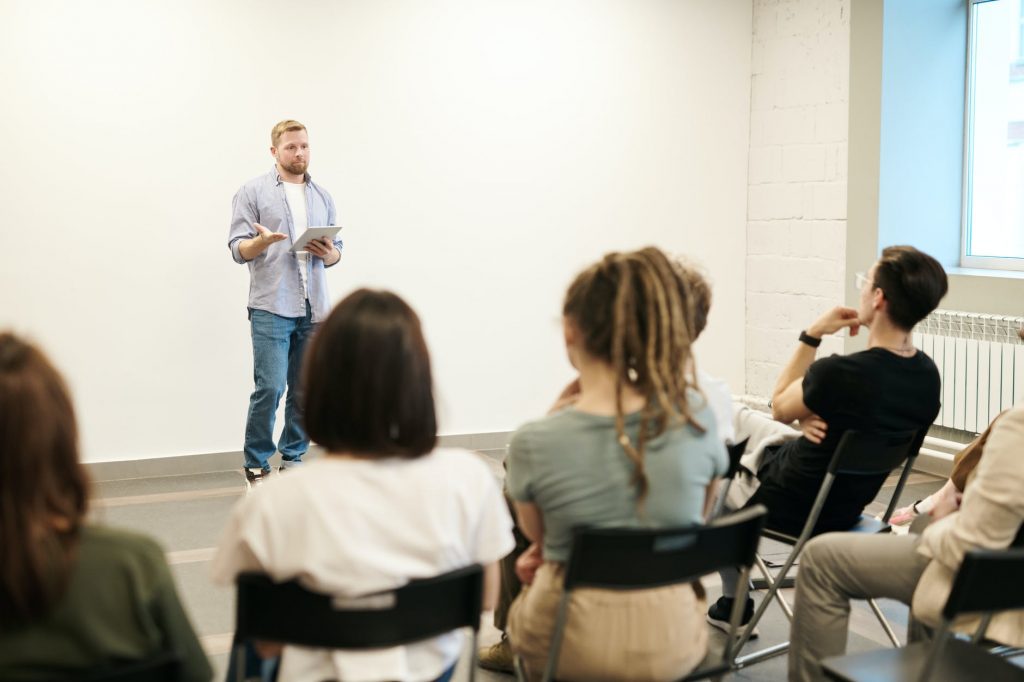
We work with individuals who have:
Tutoring, Coaching, Learning Specialists, Academic Tutors Services
We have expertise in:
- Online Tutoring/Coaching
- English, and English Language and Arts (ELA)
- Literature
- Reading (Grades 1-12, and College)
- College Application Essay
- Writing (School-Age, College, and Adult)
- Song, Poetry, and Creative Writing
- Handwriting Tutors
- Math (Grades 1 to 12, College, Adult)
- Pre-Algebra, Algebra I, and Algebra II
- Geometry
- Trigonometry
- Pre-Calculus and Calculus
- Statistics
- Math Word Problems
- Exeter Math
- Biology (High School Biology, and AP Biology)
- Chemistry
- Physics
- Earth Science
- History and Social Studies
- Psychology
- Foreign Languages
- Test Prep (SAT, GRE, SHSAT, ISEE/SSAT, ELA, Regents, TASC, MAP Growth, LOTE Test, GED Test)
- Graduate School & Ph.D. Application Consulting
- Executive Functioning Skills (Grades 4 to 12, college, and adult)
- Adult Dyslexia Tutoring
- Adult ADHD/ADD Coaching
- Study Skills/Test Taking Tutoring
- International Baccalaureate IB Tutors
- Homeschooling
- Digital Literacy
- Computer Science
- Engineering Design
- Python and JavaScript Computer Programming (Coding) Tutoring
- Machine Learning
- Data Analytics, and Data Science
Chat with Themba Tutors Today! Our learning specialists, tutors, and coaches are ready to help you right now!
FREE CONSULTATION!!!
Call: (917) 382-8641, Text: (833) 565-2370
Email: [email protected]
(we respond to email right away!).

